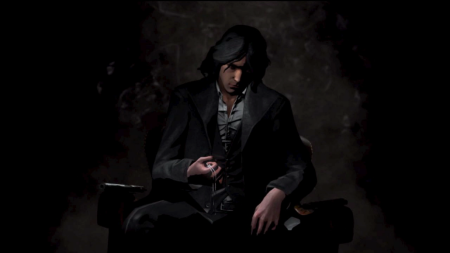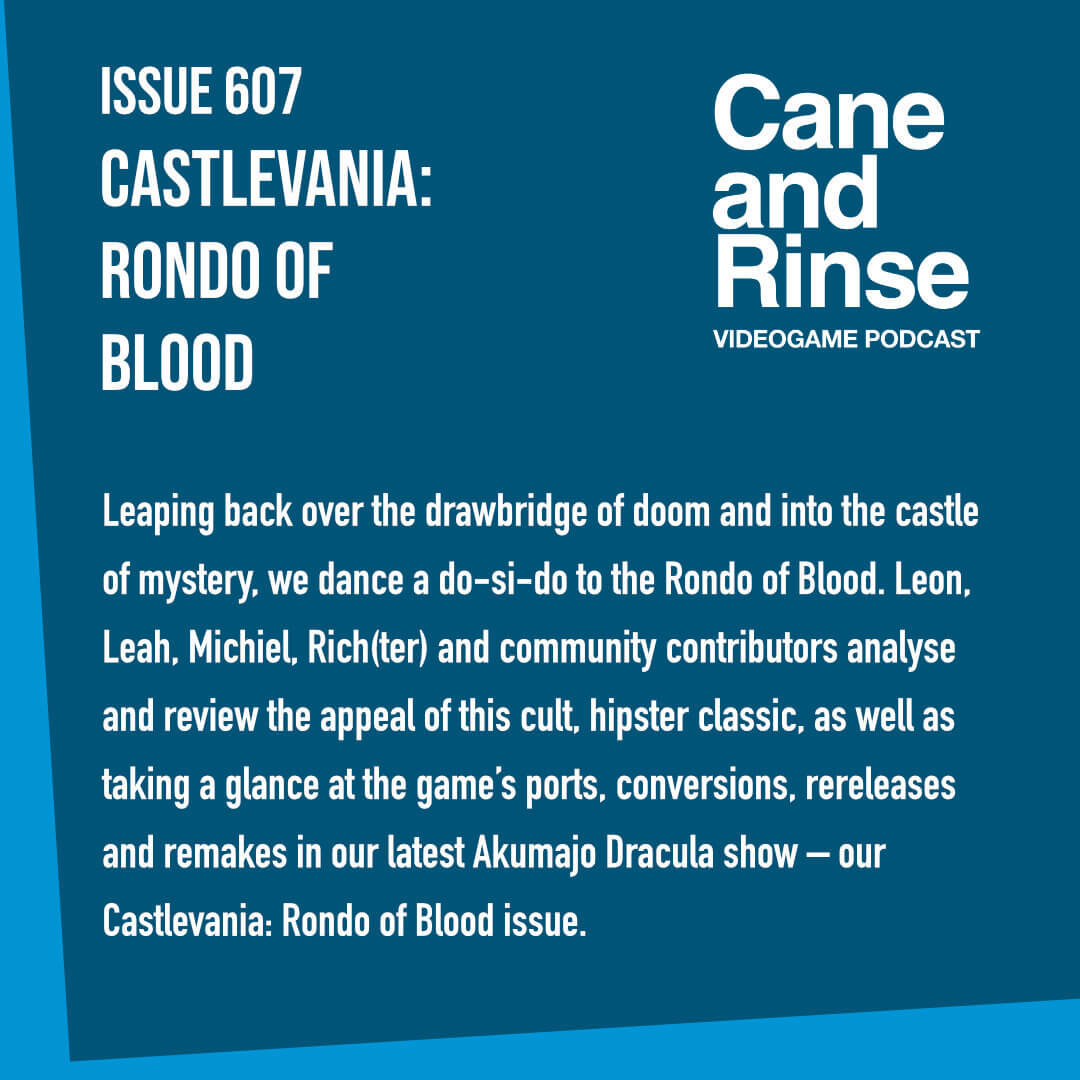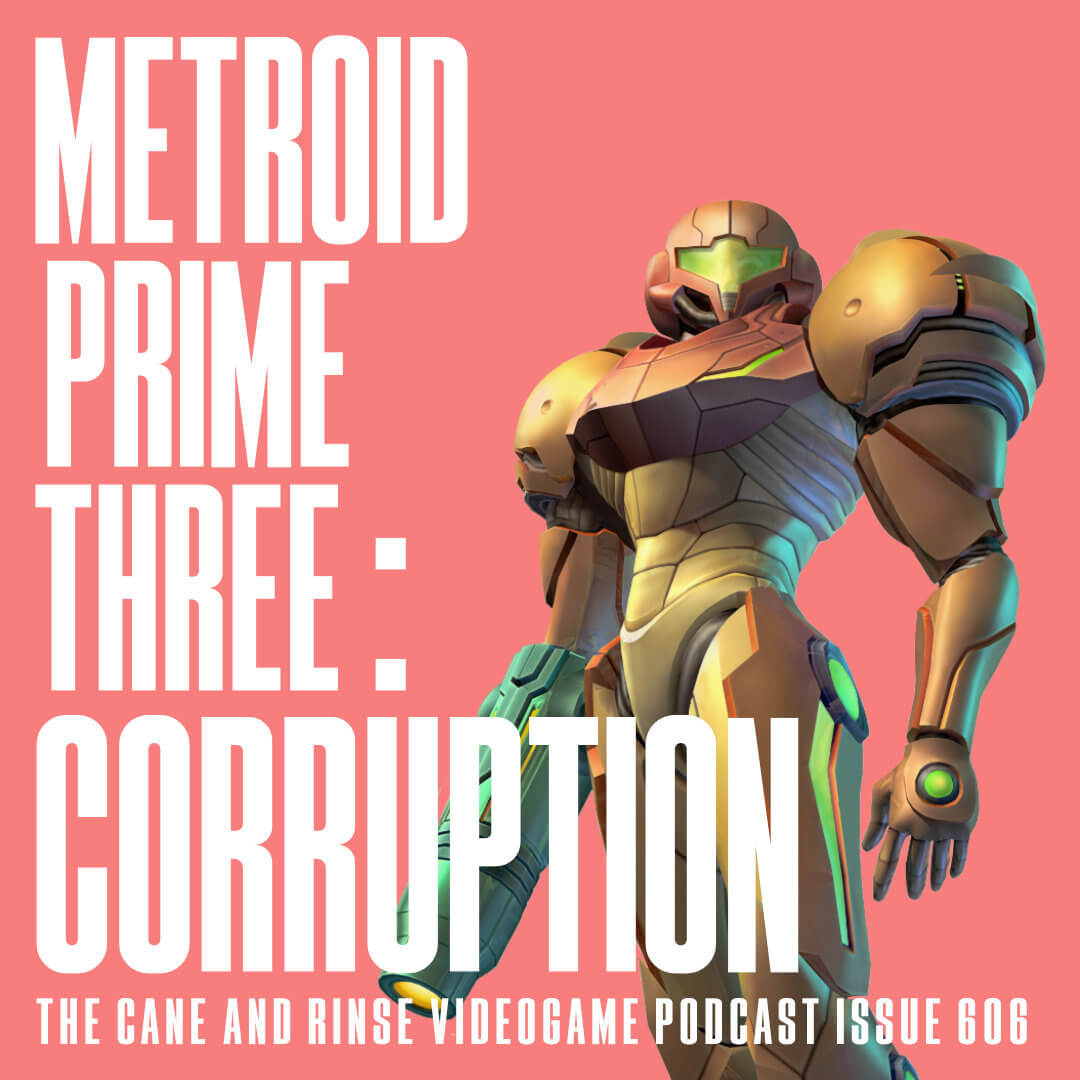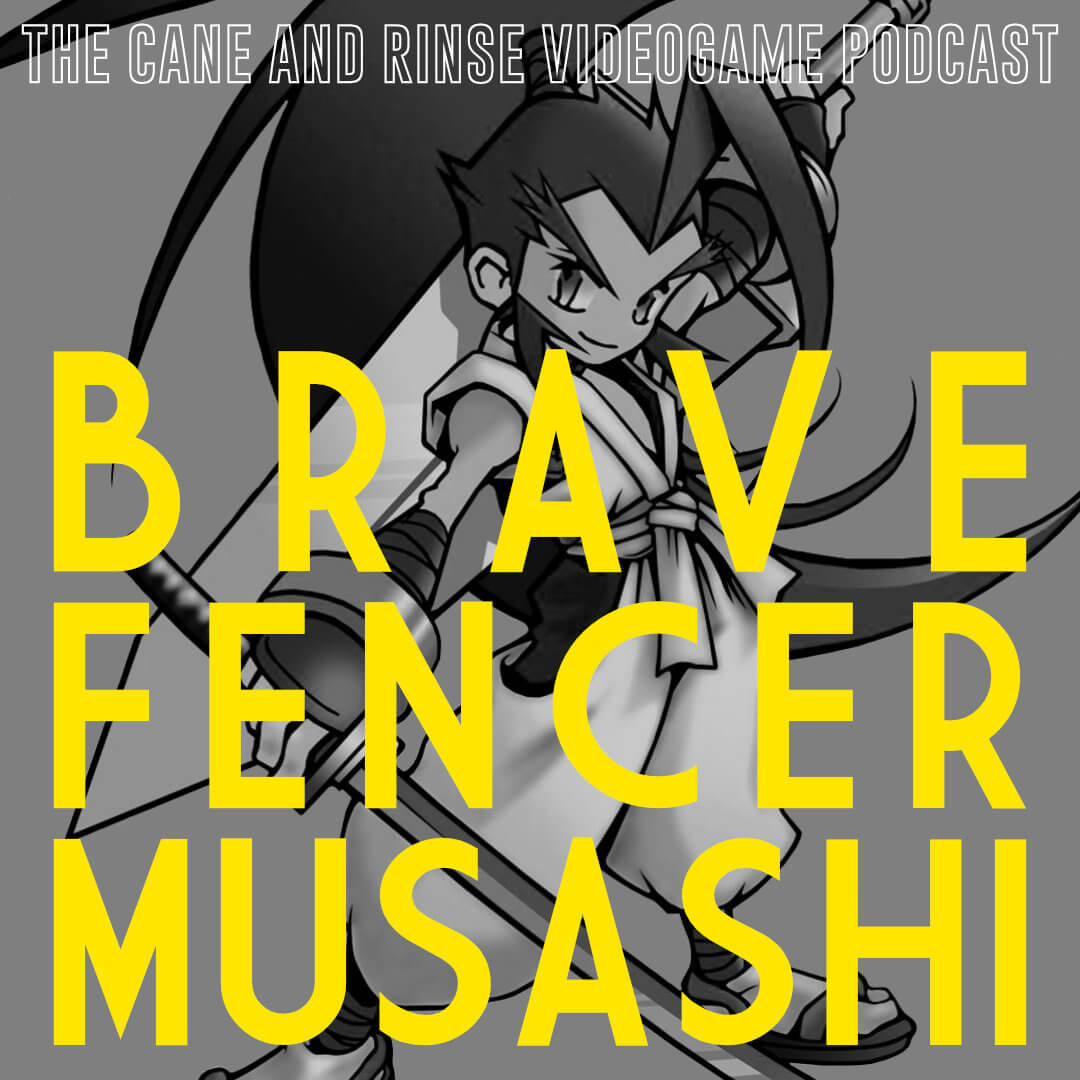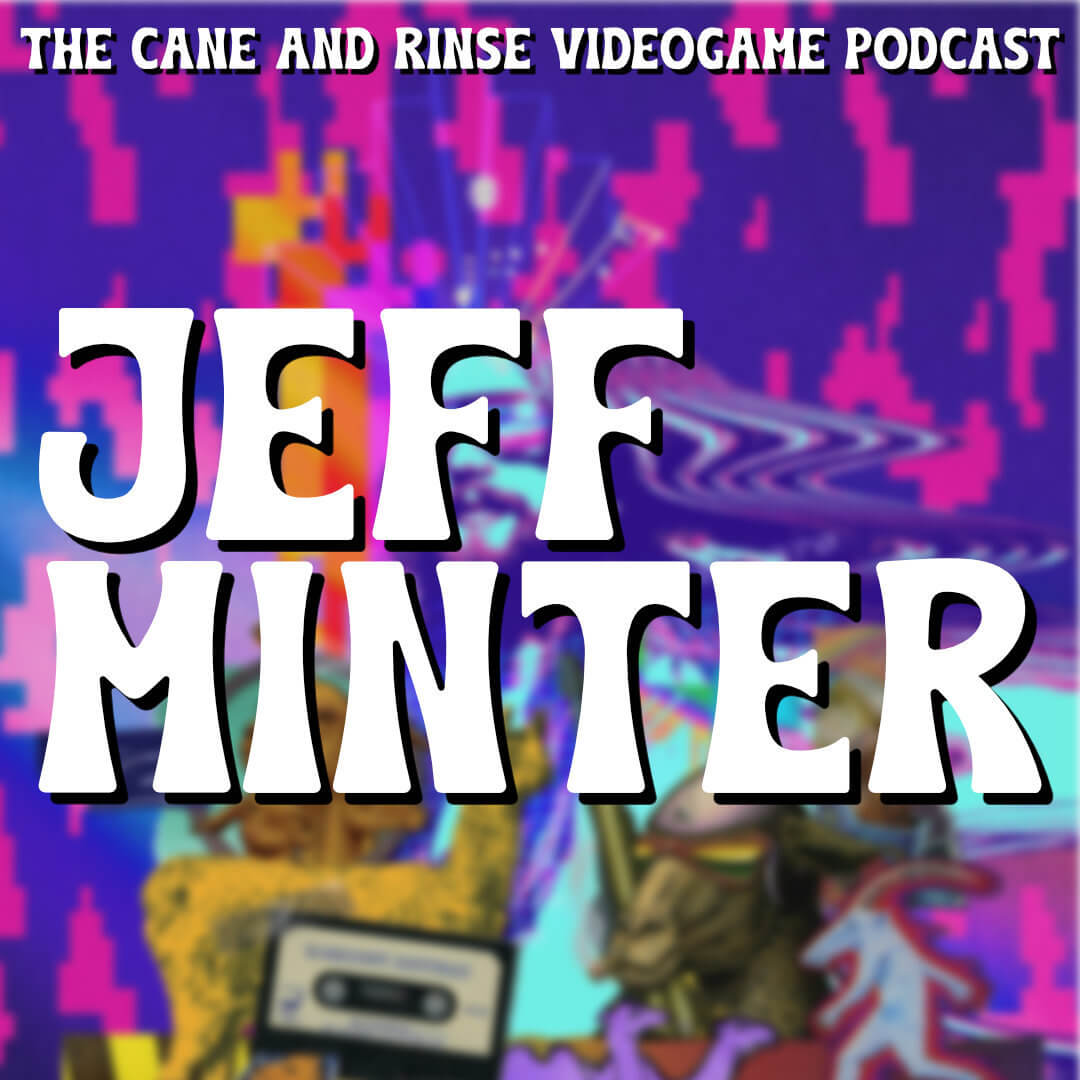WARNING: this article includes plot spoilers for The Darkness, The Darkness II and The Godfather (film). For more on The Darkness and its sequel, pleasure your ears with our podcast on the series, Cane & Rinse 26.
Whether it be Henry Hill or Tonys Montana or Soprano, the representation of gangsters and mob culture all too often flirts uncomfortably with glamorisation. Of course, this is the implicit intent of Messrs Scorcese, De Palma and Chase (respectively), and it is undeniably effective in showing these charismatic and powerful men in both their best and worst light. It does not, however, lead to empathy for those characters in the way that naturally occurs for protagonists in most other genres of film and TV. My utter repulsion at the motives and morals of those characters forces me to create a barrier in (self)defense of my own principles, one which impedes my ability to appreciate portrayals of gangsters across all forms of media.
Here comes the ‘but…’. As tick follows tock, so the inevitable exception follows the rule; the one example that flies in the face of all prior evidence. In this case, I’m not speaking of this article’s titular Jackie Estacado – he comes later – but of Michael Corleone. When I finally watched The Godfather (Part 1), it was with a resigned expectation that I would find myself unable to appreciate yet another masterful mobster movie. Little did I suspect that Coppola, Puzo and the oft-forgotten Towne would put at the centre of their story a relatable, empathetic young man who exhibits all the pains of being trapped by one’s own sense of duty and loyalty.

This proved a revelation; here was a character I could put myself squarely in the shoes of. Michael’s internal struggles allow his decisions and actions to be understood long after he has taken a metaphorical dive off the deep end into murky and amoral waters that otherwise would distance him from the viewer. Those of you who recognised Jackie Estacado’s name in the title will hopefully also recognise him in that description of one of cinema’s great protagonists. The central figure in Starbreeze Studios’ The Darkness is equally effective in drawing the player into a world comprised of such odd bedfellows as mob drama and supernatural horror.
I do not make such a comparison lightly, but after playing both The Darkness and its 2012 sequel, I cannot ignore it. In both games, the set-up is pure Italian-American mob drama in tone and execution. The point being to firmly establish Jackie’s place in his mafia family. The opening sections are incredibly important in seeing Jackie the man, as opposed to Jackie the monster that is to follow. The player is afforded much longer with a pre-Darkness Jackie in the original game than in the sequel, and that extra time is used to lay bare the depth of Jackie’s plight and the extreme adversity that he faces with his human limitations.
Though the player learns to love the dark, shadowy recesses of New York due to The Darkness’ aversion to light, it is in the first few scenes that they learn to stay out of sight to stay alive. I think back to the underground construction site and the graveyard at the beginning of The Darkness and I remember carefully edging around corners to get a clean shot on Jackie’s attackers before hastily retreating and starting the slow creep forward again. This understanding of Jackie’s frailty is key to empathising with him, and it extends beyond the game’s opening. Even once Jackie has his powers, there’s a menace to the grimy streets that is constantly threatening. Stay too long in the light or the sight of an enemy and Jackie will soon be as vulnerable as he was crawling out of the car wreck on the night the Darkness took him.
Jackie’s scenes with Jenny, too, help us glimpse the softness of our anti-hero. It is perhaps these, more than anything, that open up the hitman-with-a-heart-of-goth to the player. Understanding what Jackie has to lose gives an extra twist to his already complicated and perilous situation. When Tony Soprano’s family is threatened he becomes more dangerous than ever and, though he is bound to the life he leads, he remains largely in control of it. What particularly draws me to Michael and Jackie is their lack of control.

Control is something we all crave, it makes us feel safe. In its absence are left panic and chaos, I find it interesting to see how people deal in such circumstances when they are clearly out of their depth. Certainly, triumph over adversity has become a staple of storytelling, and it makes for an appealing character arc, but The Darkness tries to show us something else. When Jackie sees Jenny killed before his eyes – retribution by The Darkness for his defiance – he chooses not vengeance or justice, but suicide. He gives up… and even in that moment, in that choice, Jackie fails. Defiance was not to be tolerated by The Darkness, but nor was Jackie afforded the luxury of any modicum of control. Throughout the rest of the game Jackie learns that The Darkness has complete and utter control over him – it is only by admitting that very fact to himself that he can find a way to come to terms with it… to overcome his curse.
The Darkness II never reaches the same emotional heights for me, because Jackie never feels as exposed as he was in The Darkness. The similarities between the games’ openings have already been mentioned, but the hub world, incidental conversations, otherworldly interjections and Jackie’s loss of a loved one, however well done, feel a little like checklist inclusions from the first game. Though clearly mechanically superior (in control and combat particularly), The Darkness II is too beholden to the narrative structure of its forbear, and lacks the same emotional punch; this strips the protagonist of some of his appeal. I felt less concerned for Jackie because he was more capable of dealing with the situation he was in and because that situation, as a shadow of Jackie’s darkest hours, seemed somewhat less grave.
Sitting with Jenny on the couch early on in The Darkness I experienced a bug in the game that meant Jackie would remain forever sitting, unable to return to the harsh world that awaited him outside. By the end of the game I knew that that was exactly where Jackie wanted to be, but circumstance had driven him to suffer The Darkness, and led him down a path of self-destruction. He had to accept that the choice was not his to make when his every attempt at defiance was thwarted. Likewise, in the final scenes of The Godfather we see Michael adopt the role that circumstance has dictated he play, rather than the civilian life that he and his father had planned for him. Through his wife, Kay’s eyes, the viewer sees what Michael has had to become in order to protect his family. There is no glamour here, no glory, but only action borne out of necessity and survival.

Jackie’s triumph over The Darkness cost him everything. All he has left is survival, and it is this that was my lasting memory of the game. Just as surely as Michael wishes for a life in Sicily with Apollonia, away from the family business, so Jackie wishes to be back on that couch with Jenny, free from The Darkness. For both men, their wish can never be realised; their fates sealed, inadvertently, by their fathers.


